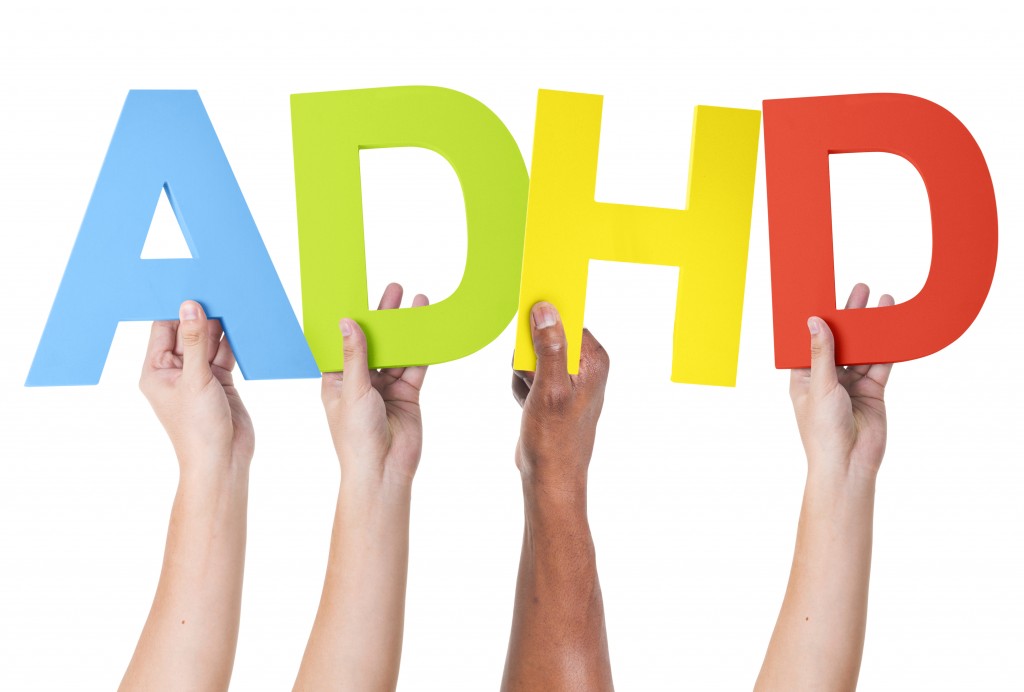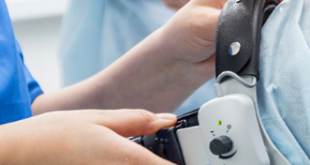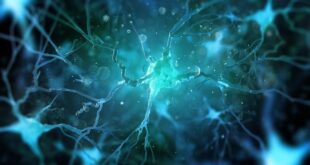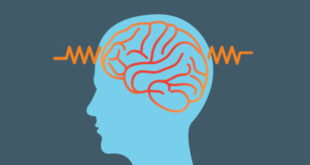ADHD Medications and treatments options without drugs (Stimulants). Attention deficit hyperactivity disorder (ADHD) is a mental disorder. It occurs more often in children than adults. The ratio of ADHD in adults over the age 18 year is 4% in United States.
ADHD Treatments includes combination medicines and behavior therapy. ADHD treatment behavior therapy is recommended as the first line of cure in children aged 5 years or below. No single treatment is the answer for every child and good treatment plans will include close monitoring, follow-ups and any changes needed along the way.
ADHD Diagnose is difficult as it is a brain medical disorder. ADHD Symptoms includes remembering details, staying organized, paying attention and trouble in concentrating. ADHD patients are unknowingly taken as troublemakers.
ADHD disorder affects people of every age, gender, IQ, religious and socio-economic background. American Psychiatric Association (APA) estimates ADHD in 4% children. Yet, Centers for Disease Control and Prevention (CDC) data show that the actual percentage is more than double. Following are the important ADHD Facts about the disease symptoms, diagnosis and medications:
- 6.4 million children aged 4 to 17 years are diagnosed with ADHD in United States.
- ADHD Medications are being used by 6.1% of the total children in United States.
- ADHD Symptoms typically first appear at age 3 to 6 years.
- ADHD Diagnosis average age is around 7 years.
- ADHD Diagnosis rate has increased by 42% over the past 8 years.
- Most of the Children diagnosed at age 8, have mild ADHD.
- Most of the Children diagnosed at age 7, have moderate ADHD.
- Most of the Children diagnosed at age 5, have severe ADHD.
- 30% of children and 40% of adults diagnosed with ADHD have anxiety disorder too.
- 70% of ADHD patients suffer from depression at some point of age.
- ADHD patients suffer from sleep disorders 3 times more often.
ADHD Medications and Treatment without Drugs
Both children and adults with ADHD are treated with psychotherapy, medication or both. Currently available ADHD treatments focus on reducing the symptoms and improving mental functions. These ADHD treatment options include medication, psychotherapy, education and training or combination of treatments.
ADHD Medications: Vyvanse, Concerta, Adderall
Both stimulants and nonstimulants are prescribed to treat ADHD, helping to improve academic, occupational and social functioning. Medication is available in either a short-acting dose (lasting for 4 hours) or a long-acting dose (lasting for 12 hours).
-
ADHD Medications: stimulant
ADHD stimulant medications come in different forms, such as a pill, capsule, liquid, or skin patch. Stimulants are used as the first line of ADHD treatment with medications. They pacify patient by controling hyperactivity, impulsivity and inattention. These ADHD Medications improve patient’s brain functions related to concentration, focus, learning, following instructions and social interaction.
There are two types of stimulants. First are methylphenidate based stimulants drugs e.g Ritalin, Concerta and Metadate. Second type of stimulants are amphetamine based branded as Vyvanse, Adderall and Dexedrine.
You can read the treatment cost, dosage and side effects of ADHD Medications like Vyvanse, Adderall and Concerta as well as how long does vyvanse stay in your system. in details.
-
ADHD Medications: non-stimulant
Although it may seem counterintuitive to treat hyperactivity with a stimulant, these medications actually activate brain circuits that support attention and focused behavior, thus reducing hyperactivity. In addition, a few non-stimulant ADHD medications e.g atomoxetine, guanfacine, and clonidine.
However, there is no ADHD treatment silver bullet. One drug working great for a patient will not work for other in the same way. One patient have side effects with a certain medication but other don’t have. Various medications and dosages are tried in order to find the best ADHD therapy for a particular patient.
Therefore, Doctors with help from Caregivers should decide which medication is best for the a patient.
ADHD Treatment without Drugs
There are renowned medical experts for ADHD treatment without drugs using integrative approach. They believe ADHD medications should be used as last not the first option.
ADHD medications can cure 70% patients successfully. These medicines have side effects and their long term impact on brain and body is still unknown.
In this situation, looking for options of ADHD treatment without drugs seems to be a logical quest. There are few effective non-pharmaceutical interventions for the managements and treatment of ADHD.
-
ADHD Treatment with Psychotherapy
Psychotherapy is a significant component of ADHD treatment. ADHD treatment with psychotherapy relies on teaching techniques and skills, required to succeed in life, defeating learning disorder. In this methodology, ADHD patient works with a coach, who helps patient get organized, develop and achieve goals.
-
ADHD Treatment with Nutrients
ADHD treatment with nutrients includes use of balanced diet. The daily diet must includes Vitamin D, Vitamin B12, Zinc, Copper, Magnesium, Iron, Calcium and fish oils with Omega-3 Fatty Acids. These nutrients help grow normal nerves and keep brain functioning well.
Use of protein, cheeses, milk, fresh fruits and veggies are beneficial. -and decrease foods that contain any type of sugar. Excessive sugar intake is not good for ADHD patients. Fast foods, energy drinks and caffeine increases the risk of ADHD behavior-related problems in both children and adults.
-
ADHD Treatment with Sleep
Sleep allows brain, necessary rest for repairing it neurons. Regular and good quality sleep is very important for ADHD treatment. Sleep apnea must always be ruled out and length and quality of sleep are important. For an ADHD patient at least 7 hours of restful sleep each night is a must. Many children do not get enough sleep. It reflects in their performance deficits.
-
ADHD Treatment with Lifestyle Changes
ADHD treatment with drugs requires lifestyle changes. Life style factors such as exercise, yoga, mindfulness meditation and time in nature have highly positive effects for ADHD patients.
At-least 1 hour exercise daily, engagement in sports and physical activities are improves ADHD symptom. Reducing phone, television and video game activities to 1.5 hours daily is also important. It’s because these activities increase ADHD impulsivity and hyperactivity.
-
ADHD Treatment with Parenting Help
Good parenting is essential for ADHD treatment in children. Anger, opposition and negativity from parents can have very adverse effects on a child suffering from Attention deficit hyperactivity disorder. Please refer or consult a mental health practitioner for parenting tips, help and support. This is very crucial part in the treatment plan for kids with ADHD.
-
ADHD Treatment with EEG Neuro Feedback
Most ADHD patient have abnormal brain wave patterns, with a decreased ratio of beta to theta waves. FDA has finally approved the diagnostic test measuring this ratio.
Although, the test equipment is not affordable for individual patients at the moment. The research studies on the EEG Neuro Feedback test and its correlation with the disease improvements is show a very strong light of hope for the patients. Results received through this biofeedback test technique are very helpful. Because patient can alter his brain wave patterns guided by the medical practitioner in the light of test results.
Medical scientists are still researching for the biological basis of ADHD, at genetic and neuro-cerebral structure levels. The disease is still a challenge to be solved.
 Health & Care Information
Health & Care Information 


